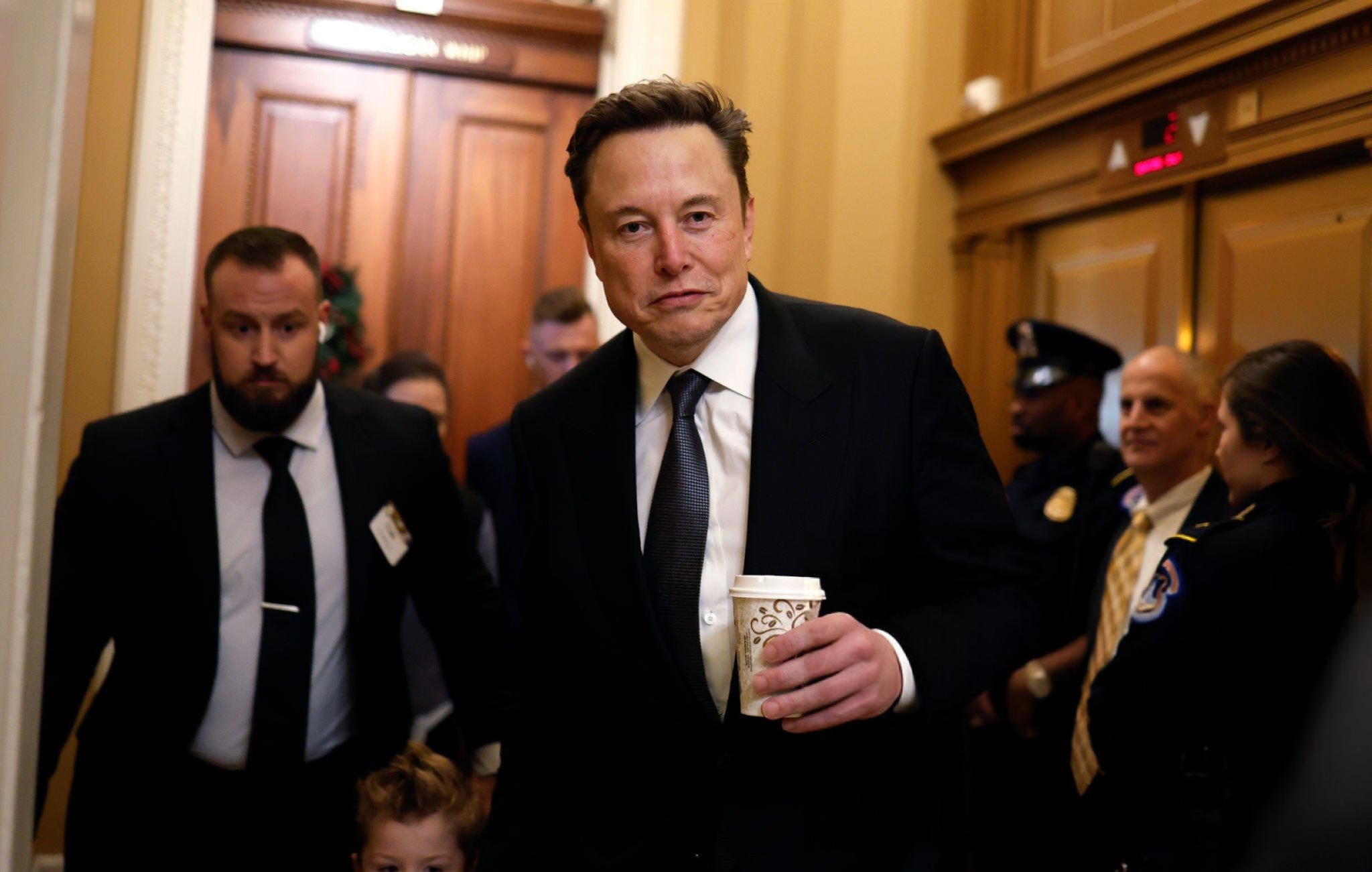Britain’s Electoral Commission has urged the government to amend election laws to prevent Elon Musk from making an £80 million donation to Nigel Farage’s Reform Party. The world’s richest man, reportedly considering the substantial contribution, held talks with Mr Farage at Donald Trump’s Mar-a-Lago resort in Florida earlier this week.
Farage confirms financial discussions
Mr Farage acknowledged that “the issue of money was discussed” during his meeting with Musk, hinting at ongoing negotiations. The potential donation would be aimed at transforming Reform into a political force capable of challenging Labour at the next general election.
Elon Musk, the South African-born entrepreneur and close ally of Donald Trump, has been openly critical of Labour and its leader Sir Keir Starmer. Their feud escalated over the summer when Musk condemned Sir Keir’s handling of riots in the UK. Farage stated that Musk views both Labour and the Conservatives as a “uniparty,” adding that Musk “left us in no doubt that he is right behind us.”
The legal loophole
Under UK law, foreign citizens like Musk are prohibited from directly donating to political parties. However, a loophole allows foreign nationals to channel unlimited funds through UK-based companies. This provision has raised concerns about potential foreign influence on British democracy.
The Electoral Commission is advocating for tighter controls, proposing that corporate donations be limited to funds generated within the UK. Chief executive Vijay Rangarajan emphasised the importance of public trust, stating:
“It’s crucial that UK voters have trust in the financing of our political system, so they need to see how parties and campaigners are financed and how they spend that money at elections.”
Government response
The government has acknowledged the need for reform but appears reluctant to prioritise it. Downing Street confirmed it is reviewing electoral law but indicated that changes are unlikely in the current parliamentary session.
The Prime Minister’s spokesperson reiterated Sir Keir Starmer’s commitment to safeguarding democracy, saying:
“Sir Keir is committed to protecting democracy from the threat of foreign interference by strengthening the rules around donations.”
Musk’s potential influence
Musk’s possible £80 million donation would dwarf contributions typically seen in British politics, granting Reform an unprecedented financial advantage. Such backing could help the party expand its infrastructure, campaign efforts, and visibility ahead of the next general election.
Observers note that Musk’s growing involvement in right-wing politics aligns with his support for Donald Trump. As one of Trump’s key allies, Musk has also positioned himself as a vocal critic of progressive policies and institutions worldwide.
Electoral integrity at stake
The prospect of significant foreign funding influencing UK elections has alarmed politicians and watchdogs alike. Critics argue that unchecked donations via corporate entities could undermine the integrity of Britain’s democratic system.
Nigel Farage’s Reform Party, still in its formative stages, would be a major beneficiary of any loophole allowing such contributions. While some see Musk’s involvement as a potential boost for political diversity, others view it as a risk to electoral fairness.
Broader context
This development comes amid broader global debates about the influence of billionaires in politics. Musk, whose wealth stems from ventures such as Tesla and SpaceX, has increasingly leveraged his resources to shape political discourse. His potential role in UK politics adds another dimension to his controversial persona on the global stage.
What’s next?
The Electoral Commission has confirmed ongoing discussions with ministers to address the issue, but whether reforms will materialise remains uncertain. In the meantime, Nigel Farage’s discussions with Musk could mark a turning point for Reform, potentially reshaping the British political landscape.
As scrutiny mounts over Musk’s potential donation, the question remains: will the UK government act swiftly to close the loophole, or will it allow foreign wealth to play a growing role in its democracy?






